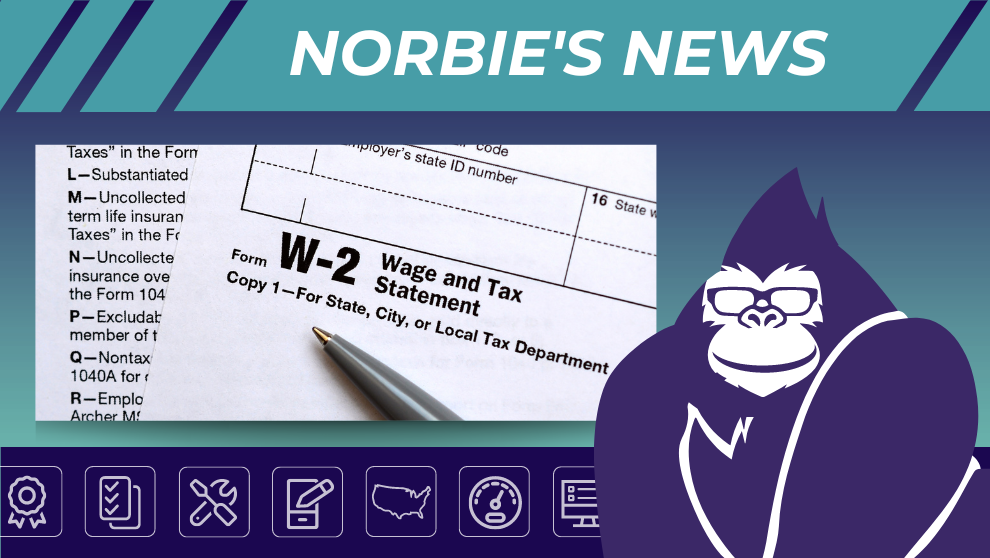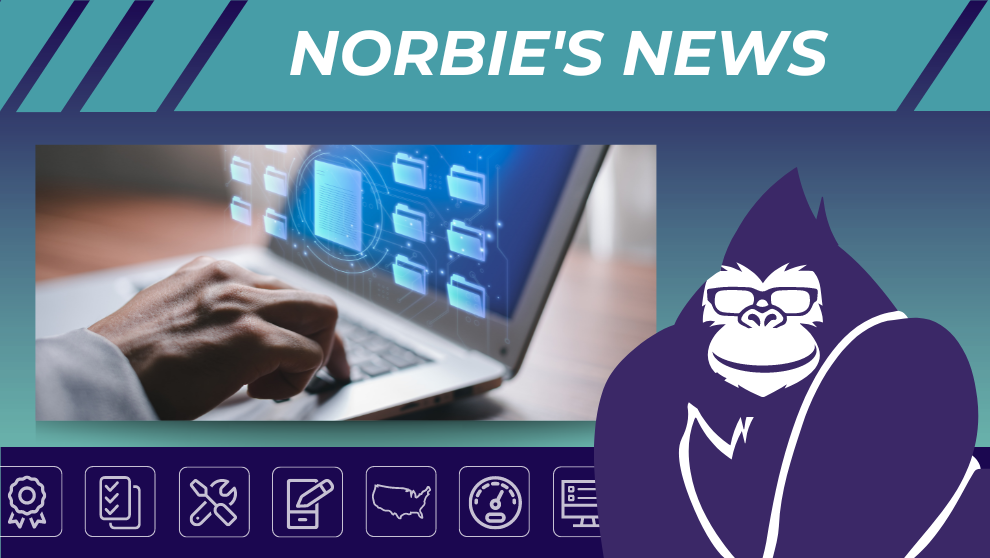
Artificial Intelligence, Enhanced Risk Assessment, and the Customer Experience
SHARE STORY
By Parminder Saini, Chief Technology Officer
Over the last few years, the advent of Artificial Intelligence (AI) has heralded an era in sectors, with the insurance industry at the forefront of this revolution. The integration of AI technologies has operations and enhanced insurers' capabilities, offering levels of efficiency and precision. As Pro Global Insurance’s CEO and Group Head of Claims, Steve Lewis, writes, “As we head into 2024, the re/insurance sector finds itself at a crossroads of unprecedented challenges and opportunities – one it must face head-on in order to remain differentiated and relevant.”
Today is an age of feedback and satisfaction; customer expectations are higher than ever. Insurers leverage AI to meet these demands by providing customer interactions and service. From chatbots that offer assistance to AI-driven recommendations tailored to needs, the focus is on enhancing the customer journey. As we delve into the role of AI in the insurance industry, it becomes clear that this technology is not an operational tool but an asset that can redefine how insurers operate, assess risks, and engage with their customers.
"AI shouldn’t be feared by humans—it isn’t scary and certainly won’t steal their jobs. It does quite the opposite."
– Source: Sarvarth Misra, Forbes.com
AI-Driven Risk Assessment
Integrating Artificial Intelligence (AI) into risk assessment processes marks a leap for the insurance industry. By harnessing AI's power, insurers can analyze and interpret amounts of data with depth and precision. This shift towards AI-driven methodologies transforms the risk assessment landscape and sets standards for efficiency and accuracy.
How AI is Changing Risk Assessment
Use of Big Data Analytics for Risk Evaluation
- Big data analytics, powered by AI, allows insurers to sift through datasets, identifying patterns and insights that analysts might overlook. Cofounder and CEO at ContractPodAi, Sarvarth Misra, wrote for a Forbes newsletter that, “AI shouldn’t be feared by humans—it isn’t scary and certainly won’t steal their jobs. It does quite the opposite. [...] For security professionals, it helps them do their jobs better, faster and with greater accuracy.” This analysis enables an evaluation of risks associated with insuring an individual or entity. AI-driven tools can pinpoint risks by factoring in various variables, leading to informed decision-making.
Predictive Analytics to Foresee Claims and Losses
- AI excels in predictive analytics, using historical data to forecast trends and risks. This capability is for insurers, who can anticipate claims and losses. Predictive analytics aids in setting premiums and preparing for future claims, thereby the insurer's financial stability.
Benefits for Insurers and Policyholders
The advantages of AI-driven risk assessment extend to insurers and policyholders, creating a dynamic, fair, and efficient insurance ecosystem.
For Insurers: Accuracy, Costs, and Risk Management
- Insurers benefit from accuracy in risk assessment, which translates into fewer claims and a stable risk pool. The automation of data analysis through AI reduces operational costs, savings that can be passed on to policyholders. Enhanced risk management capabilities allow insurers to tailor their portfolios, mitigating losses and capitalizing on opportunities.
For Policyholders: Pricing, Policies, and Claim Processing
- Policyholders benefit from AI in risk assessment, resulting in precise pricing and premiums that match individual risk profiles. AI enables customized policies that meet policyholders' specific needs, adding value and relevance. Additionally, AI streamlines claim processing for faster support, tools with which we at BTIS have been transforming our marketplace since we began our rebrand last year.
- The application of AI in risk assessment is a testament to the industry's commitment to innovation and improvement. By embracing these technologies, insurers are enhancing their operations and providing policyholders with a level of service that sets a benchmark for excellence in the insurance sector.
According to the FBI, the total cost of non-health insurance fraud is estimated to be more than $40 billion annually.
– Source: FBI.gov
Enhancing the Customer Experience with AI
In a landscape where customer expectations evolve, Artificial Intelligence (AI) stands as a force in redefining the customer experience within the insurance industry. By deploying AI across customer touchpoints, insurers meet and exceed expectations, offering a level of service and personalization once fiction.
Personalized Customer Interactions
Chatbots for Assistance and Claims Processing
- One application of AI in enhancing customer experience is chatbots. These AI-powered assistants support customers, answering queries, offering guidance, and assisting with claims processing. This availability ensures customers can access the help they need without business hours or resource constraints. You can even find one such chatbot on the BTIS website, as part of our recent initiatives to increase customer satisfaction.
AI for Insurance Recommendations Based on User Data
- AI algorithms analyze user data to generate insurance recommendations. By understanding a customer's profile, preferences, and history, AI tailors insurance products and services to match needs. This approach improves customer satisfaction and builds loyalty and trust between the customer and the insurer.
Streamlining Claims Processing
Automated Claims Handling
- The claims process is often a moment of truth for policyholders, a factor in satisfaction with their insurance provider. AI revolutionizes this by automating claims handling, and speeding up the process. AI streamlines each step from report to settlement, reducing wait times and errors. This benefits the customer, who experiences a smoother process, and the insurer, by improving efficiency.
AI-Driven Fraud Detection
- According to the FBI, the total cost of non-health insurance fraud is estimated to be more than $40 billion annually. These fraudulent claims challenge the insurance industry, impacting costs and trust. AI-driven fraud detection systems identify and flag suspicious claims for investigation. These systems protect the claims process's integrity by analyzing patterns and inconsistencies. This safeguards against losses and ensures that genuine claims are processed swiftly, enhancing the customer experience.
- Integrating AI into customer service and claims processing within the insurance sector shows the industry's commitment to leveraging technology for the customer and insurer's benefit. By personalizing interactions and streamlining processes, AI sets a standard for customer experience that is attuned to the needs of each policyholder.
Future Directions of AI in Insurance
As the insurance industry embraces Artificial Intelligence (AI), the horizon promises innovation and transformation. The potential of AI technologies signals a future where insurance becomes efficient, personalized, accessible, and flexible. The role of AI in shaping this future drives the development of products and services that redefine insurance for people worldwide.
Emerging AI Technologies and Their Potential Impact
The next wave of AI, including natural language processing, machine learning, and predictive analytics, promises to transform the insurance industry with more accurate risk assessment and dynamic pricing. AI advancements could introduce new policies like micro-insurances and on-demand insurance catering to policyholder lifestyles.
Additionally, AI's integration with blockchain and Internet of Things (IoT) technologies can improve the transparency, security, and efficiency of insurance transactions and data management, enhancing customer experience.
The Role of AI in Shaping Future Insurance Products and Services
AI will significantly influence the design and delivery of future insurance products, using data processing to tailor policies that respond in real-time to policyholder risk profile changes, offering both customization and flexibility. Moreover, trend prediction and scenario modeling will be key in equipping the industry for emerging risks like climate change or cyber threats, enabling the development of protective products. And, of course, AI integration in customer service will deepen, making the customer journey from inquiry to claim settlement smoother and boosting engagement and loyalty.
Looking towards the future, AI will continue to lead innovation in the insurance industry. Its capacity to analyze data, predict trends, and automate processes will drive product and service development and alter how insurers interact with and serve their customers. The journey ahead is one of evolution, with AI leading towards an adaptive, responsive, and customer-centric insurance industry.
"As we head into 2024, the re/insurance sector finds itself at a crossroads of unprecedented challenges and opportunities – one it must face head-on..."
– Source: Steve Lewis, Pro–Global.com
Conclusion
Artificial Intelligence has transformed the insurance industry, enhancing risk assessment, customer experience, and operational efficiency to provide personalized and responsive services. AI's application spans risk evaluation and analytics to customer engagement and claims processing, indicating a shift towards more innovative and tailored insurance solutions.
Looking ahead, AI's role in insurance promises to further refine risk assessment, introduce new products, and improve customer service, ensuring the industry remains accessible and responsive to a digital-first generation. As AI drives the industry's evolution, it enhances operational efficiencies. It redefines the essence of insurance, moving towards a future where it acts as a proactive partner in risk management and offers peace of mind.
Parminder Saini is Chief Technology Officer of Builders & Tradesmen's Insurance Services, Inc., an Amynta Group Company.
Builders & Tradesmen’s Insurance Services Inc.
BTIS is committed to providing robust, individualized products and the highest level of service. Our easy-to-use commercial insurance platform, educational tools, and helpful underwriters make it simple for producers to diversify their books of business by expanding their product portfolios.
Part of the Amynta Group, BTIS is a nationwide insurance intermediary with a small-business attitude. We believe in building solid relationships through communication and a genuine concern for the success of our retail broker clients and the policyholders they serve.
For additional information, visit www.btisinc.com or call (877) 649-6682


